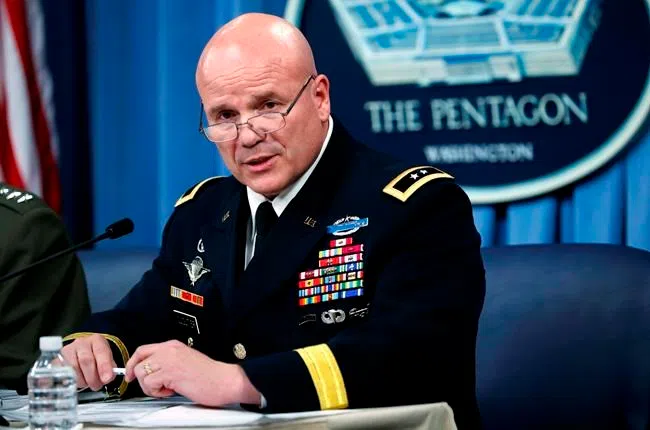
Military finds multiple failures led to deadly Niger ambush
WASHINGTON — Multiple failures led up to the deadly Niger attack last October, but top military leaders said Thursday that none directly caused the overwhelming enemy ambush that killed four American service members and sent others fighting and running for their lives.
“The direct cause of the enemy attack in Tongo Tongo is that the enemy achieved tactical surprise there and our forces were outnumbered approximately three-to-one,” Maj. Gen. Roger Cloutier Jr. told reporters during a Pentagon press conference.
He described a brutal, chaotic firefight, as 46 U.S. and Nigerien forces battled more than 100 enemy fighters. Amid the chaos, he said, there were repeated acts of bravery as the outnumbered and outgunned soldiers made split-second decisions under heavy fire, struggling to protect and rescue each other during the more than hourlong assault.
Killed in the attack were: Army Sgt. La David T. Johnson, 25, of Miami Gardens, Florida; Staff Sgt. Bryan C. Black, 35, of Puyallup, Washington; Staff Sgt. Jeremiah W. Johnson, 39, of Springboro, Ohio; and Staff Sgt. Dustin M. Wright, 29, of Lyons, Georgia. Four Nigerien troops were also killed, and two American soldiers and eight Nigerien forces were wounded.
